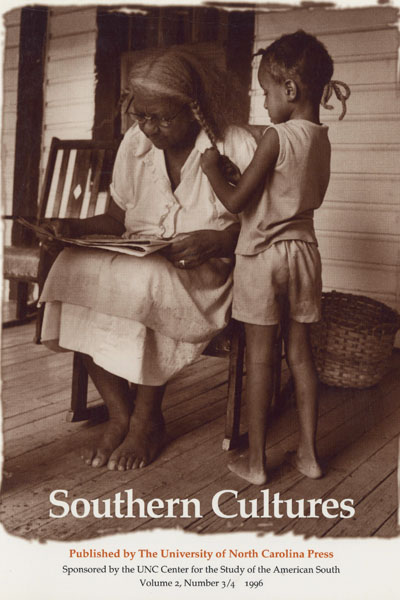The University of North Carolina Press, 2007
George Rabie has written a balanced, perceptive, and thoroughly researched history of high politics in the Confederacy. His compelling argument is succinctly summarized by the book’s subtitle, “A Revolution Against Politics.” Rabie maintains that the Confederacy is best understood not as an experiment in southern nationalism but as an attempt by white southerners to regenerate the republican purity of the Founding Fathers’ generation with a revolution of their own: a revolution against politics. The Confederacy’s revolution against politics promised a rejection of the partisanship, patronage, and electioneering that southerners of virtually all ideological persuasions had practiced vigorously during the antebellum era, but which leading Confederates identified as an important if not decisive factor in the decline and fall of the old Union. To Rabie, the Confederacy was unquestionably a revolutionary experiment, but it was a conservative, restorationist revolution designed to create a republic safe for slavery and free of partisan politics. Ultimately, Rabie concludes, this revolution against politics failed only because the Confederacy itself failed. According to Rabie, both supporters ofJefferson Davis’s troubled administration and its bitter opponents accepted the basic tenets of the revolution against politics: antipartyism and a belief that the Confederacy was not a necessarily political experiment in state building but a sacred crusade in defense of slavery as an acceptable foundation for herrenvolk republicanism.


